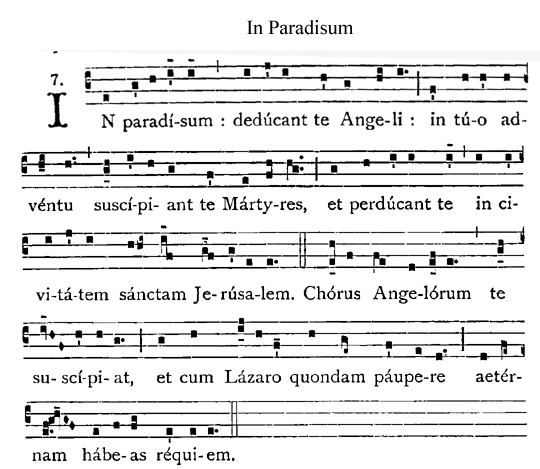It is a peculiar time. For the past two hundred thousand years of our existence, all we’ve had to rely upon is constancy. The seasons turn; we sleep and rise; our loved ones are born, and then they die. Any perturbation of what is and always has been brought anxiety–sickness, drought, astronomical aberrations, war. But recently we seem to have turned a corner, perhaps unfortunately. In this fast-paced moment in history, one which is exacerbated by the holidays, we seem to eschew constancy, opting instead for unending change. We live in a moment when distraction soothes us, when routine and quietude are, well, boring (or so we tell ourselves). Now, we need to multitask and ever-more-rapidly change in order to be comfortable. Now, the absence of distraction is disconcerting.
To compare and contrast, let’s transport ourselves to a different time, a distant time, a time when so little in one’s experience would be familiar to us. Let’s imagine it’s the year 1200. You are a peasant in what will be France, living in a drafty, wooden hovel. You work the land, rising with the sun and sleeping with the moon; you are taxed to the extreme, as you always have been, and are prey to the whims of your feudal lord. You are religious in that all-encompassing way that was impossible to avoid in that epoch, when the time of your life and your understanding of it revolved around the Church. Speaking of the Church, that’s where you are this Sunday: in the stone building in your village which a generation toiled to build. It’s where you’ve always gone to mass, every Sunday, to listen to the priest chant in Latin, a language that you don’t know and never will. Some of that familiar chant is in the Gregorian style, a monophonic form 30 generations old, like this:
[mejsaudio src=”https://associatesmind.com/wp-content/uploads/2012/12/1.-gregorian-chants-1.07-Anonymous-Gregorian-Chant-In-Parad.mp3″]
But this Sunday, there is some new liturgical music. Someone is coming to conduct a new type of composition. New? What could that mean? You sit in your pew, and, after the second reading is over, the choir begins the familiar chant of Alleluia:
[mejsaudio src=”https://associatesmind.com/wp-content/uploads/2012/12/3.-Perotin-Allelulia-Nativitas.mp3″]
But then (at 0:31)…polyphony…w o w… Can you imagine the feeling?!
That was another time in history when change was a relief, but not for the same reason it is for us now. Then, life was so difficult that escape was reinvigorating; now, we escape to avoid ourselves. Do we have it so bad? Let’s try, this new year, to turn away from some of our distractions and appreciate the beauty around us. There is so much of it.














